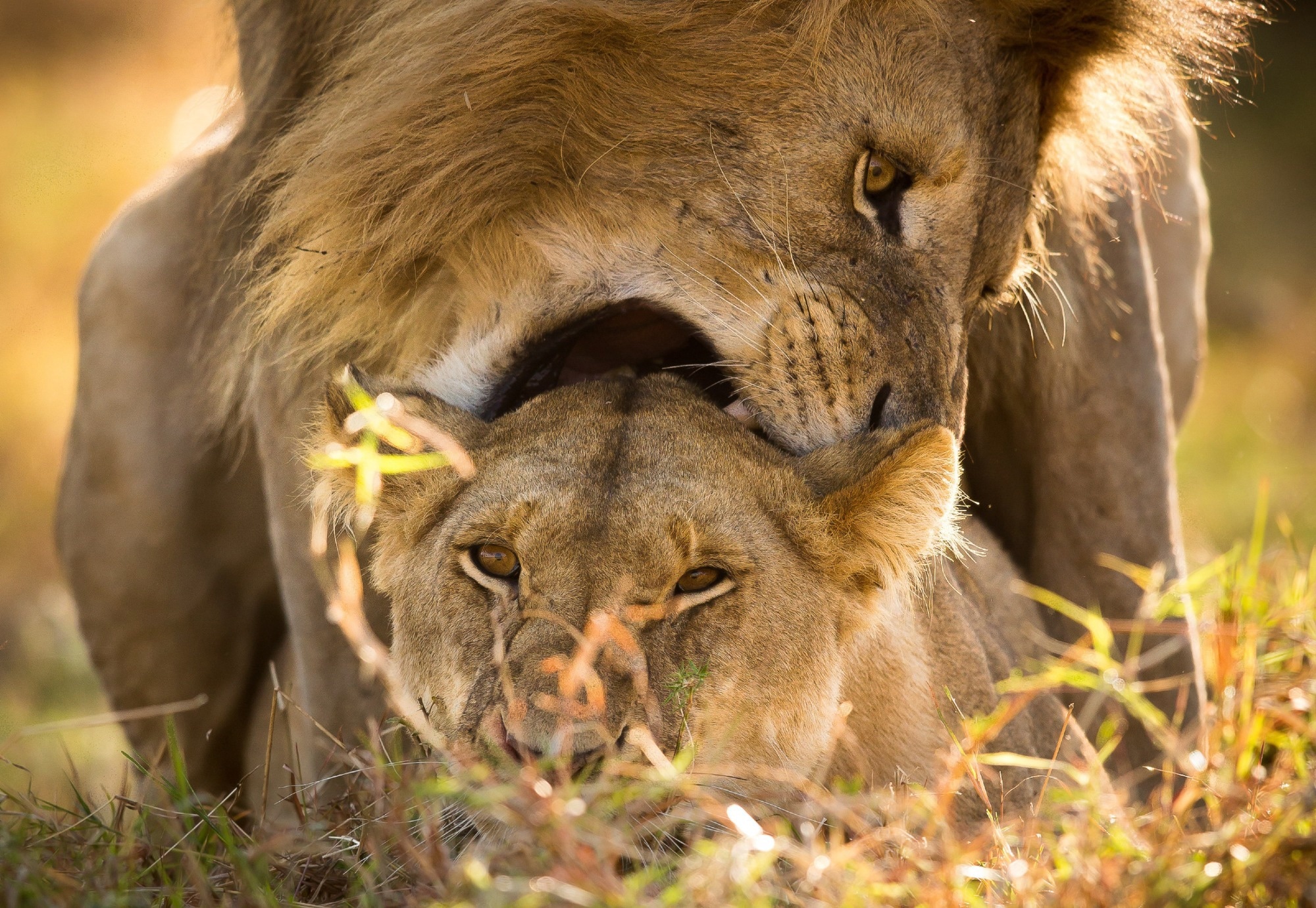Males of a species that evolve sexual conflict traits can create issues for females and, eventually, the entire population.

Image Credit: Imperial College London.
A new model developed by Imperial College London and the University of Lausanne, published in the Proceedings of the National Academy of Sciences, demonstrates how so-called “good genes” can sometimes cause a population to collapse.
Males of any species can compete for females by combating for access or impressing females to gain their approval. Males who exhibit the most competitive traits—such as the best ornaments like peacock feathers, or the best weapons like large body size—gain access to more females in both cases.
Males must be in great condition to have the best traits, such as being in better shape or carrying less disease. As better-conditioned males mate with more females, the prevalence of “good genes” spreads throughout the animal population, causing the population as a whole to strengthen in condition.
It can, however, backfire. Females can be harmed by traits that improve a male’s competitive prowess. Some insect males, for example, have evolved penises that tear the females’ insides, and males in many species, including mammals, have evolved to harass females to induce mating. These behaviors either reduce or kill female fecundity.
Evolutionary suicide
The model developed by the team tested theories of sexual competition in which males harm females and compared the results to data from various population experiments. Previous studies have produced conflicting results regarding whether the sexual selection is beneficial or detrimental to the population. The new model explains why some experiments show male fitness improving but not female fitness or population viability enhancing.
Where males evolve selfish traits that help them individually win, they can actually end up causing the population to crash—it’s a form of evolutionary suicide. Even when females evolve to counter male harm and prevent population collapse, the population still decreases significantly, reducing its viability.”
Dr Ewan Flintham, Study First Author, Imperial College London
Dr Ewan Flintham is also associated with the University of Lausanne.
Such sexual interactions are critical to understanding population demographics and conservation. For instance, where there are more males, sexual competition intensifies, increasing the likelihood of harm to females. This is also true in human-managed populations, such as domestic carp, where males and females must be kept separate during the spawning season.
Dr Flintham carried out the study as part of the Centre for Doctoral Training in Quantitative and Modelling Skills in Ecology and Evolution at Imperial.
Dr Flintham’s project supervisor was Professor Vincent Savolainen.
Male harm evolved in nature as something that was supposed to be good but is detrimental to females and the whole population. Questions like how and why this happens can only be answered with quantitative methods—data and mathematical models—which can be just as important as field studies.”
Vincent Savolainen, Study Co-Author and Director, Georgina Mace Centre for the Living Planet, Imperial College London
Source:
Journal reference:
Flintham, E. O., Male harm offsets the demographic benefits of good genes. Proceedings of the National Academy of Sciences. doi.org/10.1073/pnas.2211668120.